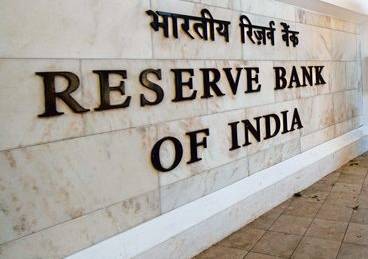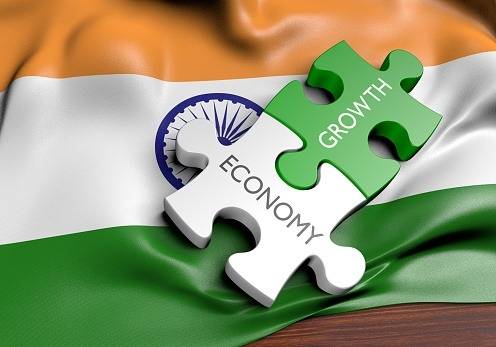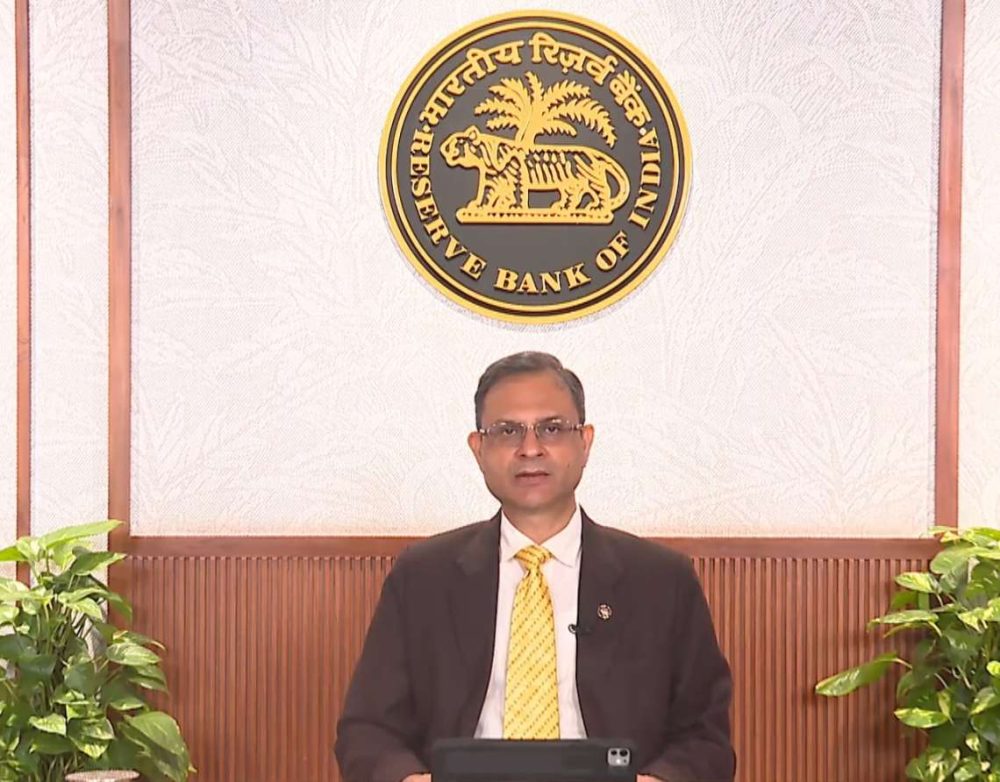The substantial increase in government capital expenditure outlay could crowd-in private investment and “propel a virtuous cycle, thereby improving aggregate demand”….reports Asian Lite News
India’s economic recovery from the pandemic shock has sustained in FY22 and the momentum is expected to broadly continue through the ongoing FY23, though with risks of downside from the geopolitical shock and its spillovers, said the RBI’s Annual Report for 2021-22 released on Friday.
Despite the risks, the report said the recovery is “getting entrenched and is broadening”, besides the Union Budget for FY22 envisioned the roadmap for ‘India at 100’, with a focus on demand side measures.
The substantial increase in government capital expenditure outlay could crowd-in private investment and “propel a virtuous cycle, thereby improving aggregate demand”.

Furthermore, the National Infrastructure Plan (NIP) amounting to Rs 100 lakh crore and the National Monetisation Pipeline (NMP) involving Rs 6 lakh crore – both targeted for completion by FY25, are also expected to give a major thrust to infrastructure spending, it added.
“The focus on supply side management through ‘process reforms’, facilitating the smoothening and simplification of processes in some sectors where government’s presence as a facilitator or regulator is necessary, would help improve the resilience of the Indian economy.”
Overall consumer and business confidence remains resilient in spite of the third wave on the back of the accelerated pace of vaccination and better prospects for economic activity.
“A full recovery in aggregate demand is, however, contingent on a turnaround in private investment. On the supply side, there is a resurgence in mining and manufacturing sectors. The services sector, which felt the brunt of the pandemic, is staging a broad-based recovery since Q2FY22.”
The report stressed upon reforms in the labour market so as to adapt to the pandemic by reskilling workers.
On financial markets in FY22, the report said that abundance of liquidity and accommodative monetary policies in major economies had pushed financial asset prices to all-time highs. The market was bolstered also by stimulus packages and easing of Covid-19-led restrictions.
The financial markets in India remained vibrant amidst easy liquidity conditions, although the severe second wave of the pandemic during April-May 2021 dampened sentiments. The equity market continued to register double digit growth in FY22 in sync with the global peers with optimism on large scale vaccine rollouts and resurgence in economic activities.
Notably, the direct participation of retail investors in equities continued to increase, with the opening of 3.46 crore Demat accounts during FY22, as against 1.42 crore opened during the previous year. During the fiscal, on an average, 28.8 lakh Demat accounts were opened every month, which is higher than 11.8 lakh per month in the previous year and 4.2 lakh Demat accounts per month in 2019-20, the annual report said.














